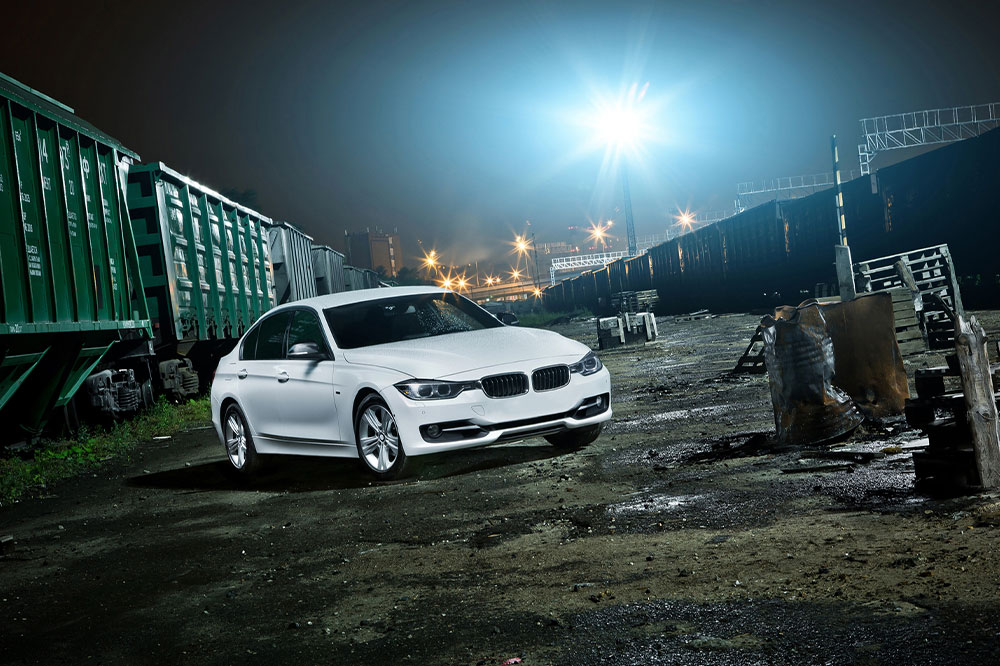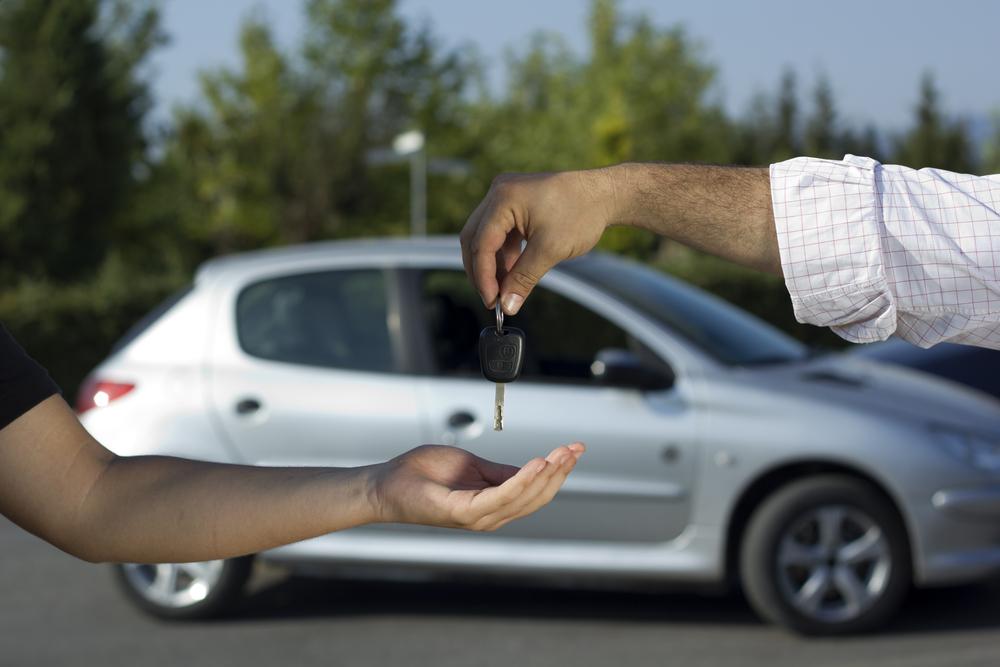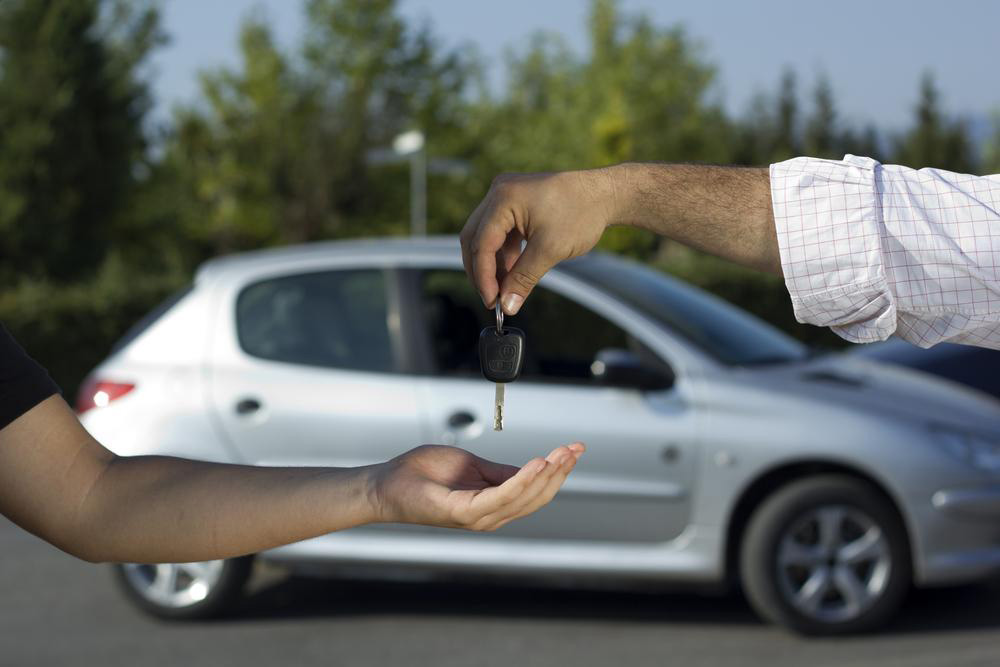Essential Tips for Purchasing a Used BMW Vehicle
This comprehensive guide provides essential tips for buying a used BMW, including model considerations, inspection advice, vehicle history checks, and understanding depreciation. It helps buyers make informed decisions to ensure they receive a reliable, well-maintained vehicle at a fair price. Covering costly maintenance and warranty tips, the article aims to assist both first-time and experienced buyers in the luxury car market.

Essential Tips for Purchasing a Used BMW Vehicle
Owning a BMW signifies sophistication, elegance, and luxury, often accompanied by a premium price tag. Whether you're considering a first-time or pre-owned BMW, it's crucial to ask the right questions, conduct thorough research, review the vehicle’s history, and secure a fair deal. BMWs are versatile, spanning various models like coupes, convertibles, SUVs, sedans, and older series. Understanding the specific model, whether it's a luxury sedan, all-wheel drive, or diesel versus petrol engine, is vital before making a purchase.
Investigate the car’s condition, including interior features like leather seats and wood trimmings. The BMW X5 stands out as the largest and most costly SUV, with significant maintenance expenses. Keep in mind, used BMWs tend to depreciate rapidly, especially high-end models like the 7 Series, whereas smaller models like the 1 Series and X5 retain value slightly longer.
Be aware that replacing parts such as seats, which are often leather, or addressing issues with engines, exhausts, or electronics can be costly. The used BMW’s electronics—controlling systems, turbocharged engines, sensors, and more—may present complex problems after extensive use, especially during rough rides or idling issues. Repair costs for major components, like engine replacements, can exceed $50,000.
Always review the vehicle’s history, including warranty, mileage, accident records, and previous maintenance. Online reports can be helpful but may require payment and might not reveal all accidents, flood damage, or odometer tampering. Verify the accuracy of mileage with official reports, especially to avoid issues like emission violations or expensive repairs due to previous floods or large accidents.
Check the validity of the BMW’s warranty, which typically covers up to six years or 100,000 miles, and see if pre-owned warranties are available. Getting a professional inspection is highly recommended to identify hidden damages such as frame or flood damage. Knowing the true market value help you decide whether the asking price is fair. This market value varies across trade-in, private sale, and dealership retail prices.
Budget considerations are essential—used BMWs are costly and depreciate quickly, with models from 2010 costing roughly $40,998 to $53,000, decreasing each year. Some BMWs can be better investments while others may depreciate more rapidly. Prioritize minimal damage and good maintenance history to retain value over time.










